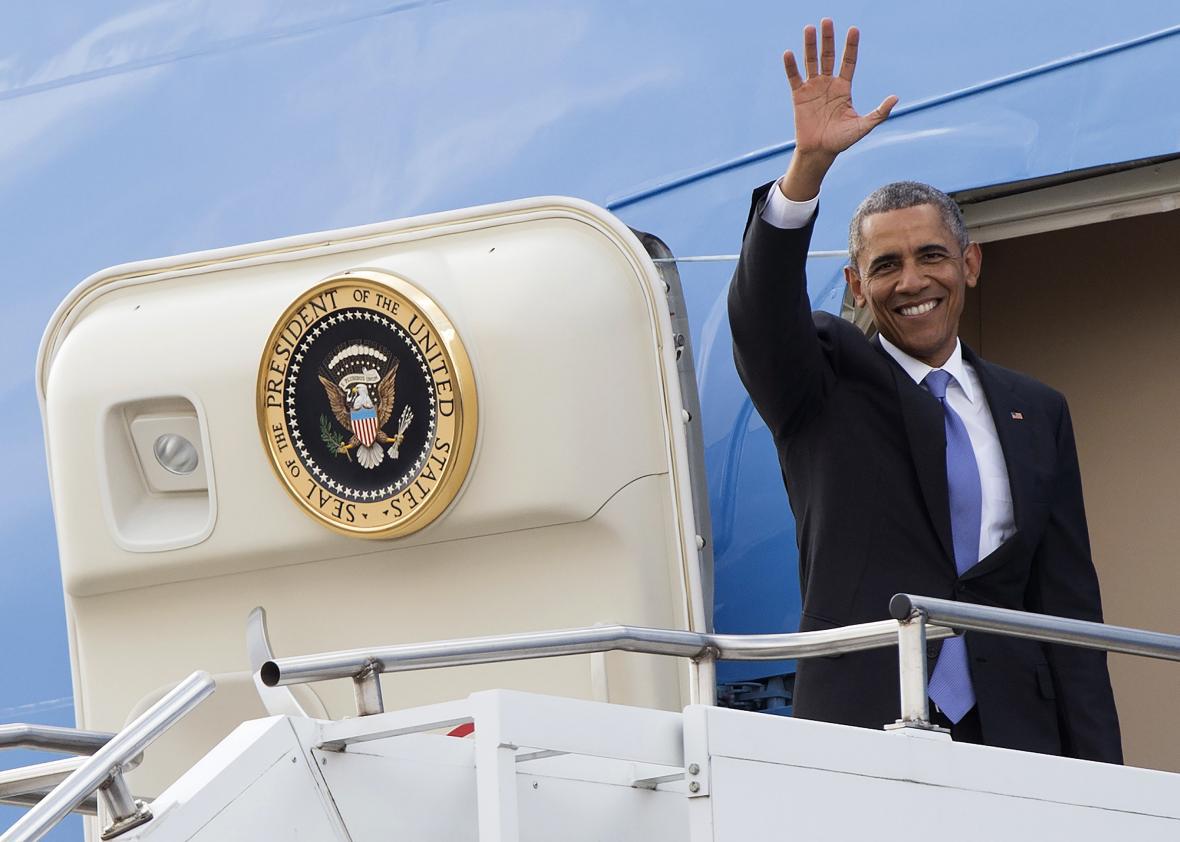Supporters of the Iran deal are one vote away from cementing it as United States policy, after Sens. Bob Casey and Chris Coons on Tuesday became the 32nd and 33rd Senate Democrats to announce that they favor the deal. The White House needs to secure 34 Senate votes to assure that Congress would not be able to override a potential veto of a possible vote to undo the deal.
It looks as though that 34th vote is all but guaranteed, with still-undecided Democrat Ben Cardin of Maryland saying he expected the outcome would be decided as soon as this week.
“That number looks like it will clearly get to the 34 number by the end of the week, so it looks pretty clear the president is going to have the support to sustain a veto,” Cardin said.
So far only two Democratic senators have broken with the White House over the deal—New Jersey’s Bob Menendez and New York’s Chuck Schumer.
“This agreement will substantially constrain the Iranian nuclear program for its duration, and compared with all realistic alternatives, it is the best option available to us at this time,” Pennsylvania’s Casey said in his announcement, which was given to the Philadelphia Inquirer.
He was seen as a possible Democrat who might have voted against the deal, the Inquirer reports.
Delaware’s Coons told the Washington Post that he was joining his fellow Senate Foreign Relations Committee member Casey in supporting the deal because “we are better off trying diplomacy first.”
The news is not entirely unexpected. Last week Slate’s Fred Kaplan explained why he expected the deal to go through:
Something interesting has happened the past few weeks. Many lawmakers have read the 159-page deal, known as the “Joint Comprehensive Plan of Action,” signed by Iran and the P5+1 nations (the United States, Great Britain, France, Russia, China, and Germany). Many more have been briefed on the deal’s fine points by the American negotiators and technical specialists, as well as by Western ambassadors. And many of them—those who aren’t bound by GOP discipline or constituents’ pressure (and even a few who are)—have concluded that this is a good deal.
The Associated Press reported on Friday that Senate Minority Whip Dick Durbin’s efforts to ensure a presidential veto would be secure were all but completed and that supporters of the deal might even have enough votes to prevent a “no” vote with a filibuster:
[T]o the surprise of many, supporters of the Iran deal are piling up enough votes that they may even be able to block a resolution of disapproval in the Senate [in September], meaning President Barack Obama wouldn’t have to use his veto pen—an outcome that looked all but inconceivable in the days after the deal was signed July 14.
The news comes as Republican presidential candidates have remained staunch in their opposition to the deal, which has faced intense opposition from pro-Israel and neoconservative lobbying groups.
Meanwhile, a new opinion survey released by the University of Maryland’s Program for Public Consultation revealed a slim majority of Americans supported the deal, with 52 percent in favor of approval and 47 percent opposed.
The survey found that the two camps were split heavily along partisan lines, with nearly 7 in 10 Democrats saying yes and the same number of Republicans saying no.
